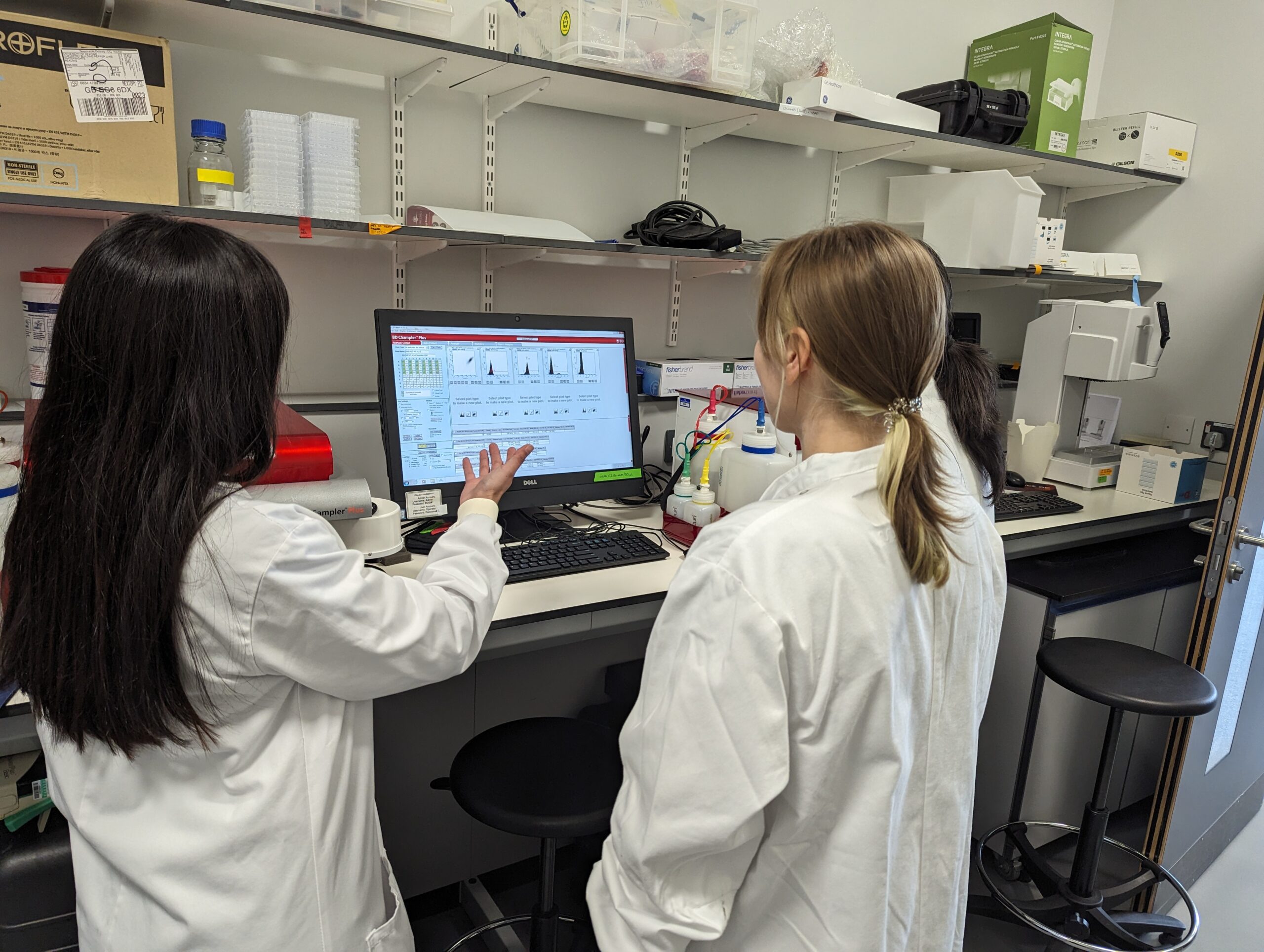Biological sciences
Elephants on the Move
Elephants are always on the move; moving in search of food, water, to exploit social opportunities or to avoid danger. Large scale elephant movements are tied closely to seasonal variations…Read More >
Nipah virus: could it cause the next pandemic?
The severe and devastating consequences of the coronavirus pandemic were undoubtedly made worse by a substantial lack of pandemic preparedness, with the exception of East and South East Asia, which…Read More >
Biodiversity: world leaders are negotiating new targets to protect nature by 2030 – the story so far
“Putting biodiversity on a path to recovery is a defining challenge of this decade.” So begins the Kunming Declaration on biodiversity, adopted at the 15th UN biodiversity conference on October…Read More >
To err is human – or is it?
The saying goes that to err is human – but researchers at the University think that to err is to be alive in the first place. When Felix the cat…Read More >
KTC supported projects win at KTP Best of the Best awards
We are delighted to share the news that at the recent Knowledge Transfer Partnership (KTP) Best of the Best Awards, two Reading partnerships ‘went home’ with top awards. The awards…Read More >
New Life Sciences Building – a guided tour
We have seen considerable growth in our Life Sciences research and teaching in recent years and the new Health and Life Sciences building, due to open in autumn 2020, is…Read More >
In pictures: researchers at work
Images made by Reading PhD students at work were selected for an exhibition at our annual doctoral research conference last month, featuring diverse subjects from earth worms to food bank…Read More >
Microplastics are getting into mosquitoes and contaminating new food chains
Tiny fragments of plastic are being eaten by water-dwelling mosquito larvae and retained in their bodies as they develop to the flying stage, contaminating new food chains as the insects are…Read More >
Prizewinning research: From bones to data – the evolution of dinosaur science
By Dr Manabu Sakamoto, palaeontologist, University of Reading Think of a palaeontologist. What comes to mind? You might be thinking of Sam Neill in the film ‘Jurassic Park’, Ross from…Read More >

